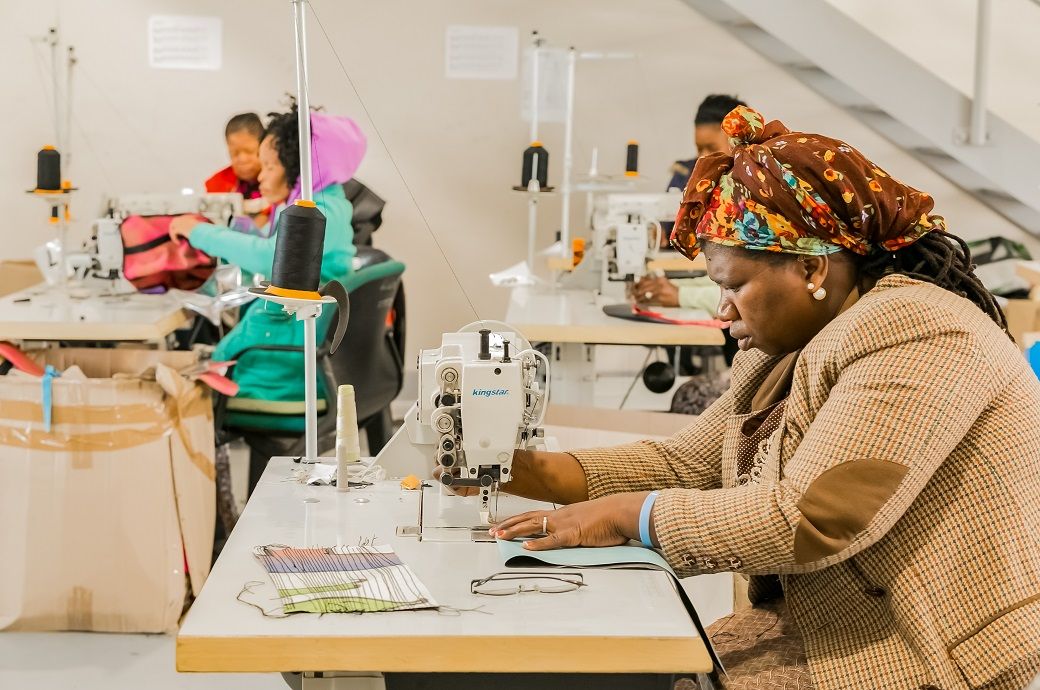
At a stakeholders’ engagement in Abuja organised by the ministry of industry, trade and investment for the sector, they termed the annual import figure both alarming and unsustainable, according to domestic media reports.
The figure excludes an additional $1.2 billion in smuggled or informal imports.
Adenike Ogunhesi, president of the Garment and Accessories Manufacturers Association of Nigeria, underscored the urgent need for a shift in strategy, placing garment manufacturing at the heart of the country’s industrial revival.
Despite various interventions over the years, the domestic textile industry remains fragmented and underperforming, she lamented.
“Garments do not just close the loop; they create the loop. Garment manufacturing should be seen not just as the end-product, but as the starting point of a value chain capable of propelling Nigeria’s industrial transformation,” she was quoted as saying. The potential, she argued, is staggering.
Ogunhesi noted that Bangladesh earns over $43 billion annually from its readymade garments sector, a figure comparable to or even surpassing Nigeria’s total oil revenue.
Despite a domestic market valued at over $6.8 billion, the country’s readymade garments segment contributes a meagre 2 per cent to gross domestic product (GDP).
“If we could capture just 10 per cent of Bangladesh’s export market, we would generate $3.3 billion in exports and create over a million direct jobs in Nigeria’s garment sector,” she observed.
This would open opportunities for youth, women, and micro, small and medium enterprises, stimulate domestic demand and rejuvenate upstream industries like cotton farming, textile weaving, thread making and even button and packaging production, she added.
Minister of state for industry, trade and investment John Enoh announced plans for a national campaign to promote domestic garments and goods across all ministries, departments, and agencies, citing the example of Ogun State, where over 70,000 public workers are mandated to wear Nigerian-made clothes weekly.
Enoh emphasised that promotion alone won’t suffice without addressing the sector’s infrastructural and financial gaps.
The sector once hosted over 180 textile mills operating at a capacity of 50 per cent or more and employed half a million. Today, only about 25 textile firms and garment factories remain operational, many running below 20 per cent capacity and employing fewer than 20,000, lamented Bala Mohammed, director of industrial development at the ministry.
Fibre2Fashion News Desk (DS)